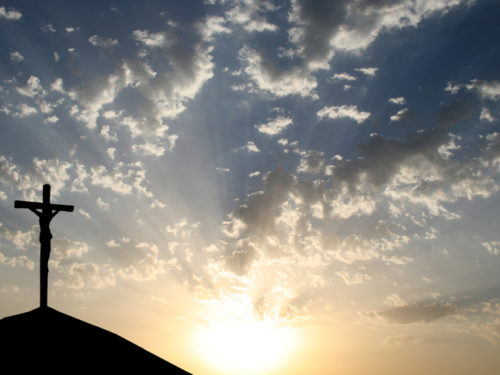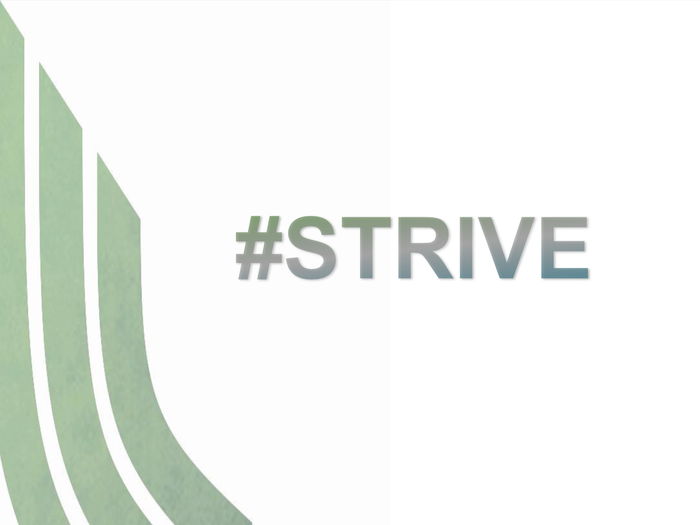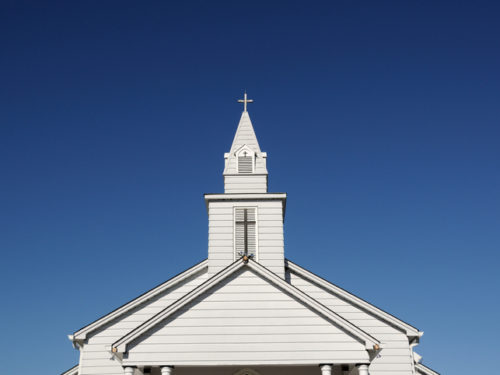 Uncategorized
Uncategorized
In light of the multiple thousands of denominations existing over and against Je...
 Uncategorized
Uncategorized
By: ECO Team
Hope. That is how I characterize STRIVE. Coming from snow-bound West Virginia, it seemed to metaphorically represent the spiritual binding of Presbyterians here who feel trapped without options, but the joy and passion of the commissioners and guests affirmed that God is doing a new thing. There is an open door – if we will just walk through it.
What impressed me most was the open invitation to all – not just members, but to people like me who wanted an up close and personal perspective. What I saw and experienced blessed me so much. First of all, the unbridled joy, the sense that God is good and there is hope in walking in His paths faithfully by His grace. Second, the worship – the whole event was centered on glorifying God with fervent praise in word and song, specific prayer, faithful preaching of the Word, and with service. The leadership was shared between many different people, affirming the priesthood of all believers. The worship was a wonderful blending of old and new. The actual business portion took up only about 18% of the time, leaving 82% for worship, fellowship, and service.
Gathered together for this event were exhibitors to help a faltering American church adapt to a hostile environment and culture that is dying of thirst but unable to find the living waters. I was so impressed with the caliber of the presenters, and that many of the organizations represented were independent and connected to the PCUSA and EPC as well as ECO. I was also pleased to see a broad spectrum of seminaries represented, and my husband and I split up for our respective alumni breakfasts on Wednesday morning, which were fantastic. Building community is obviously high priority, as well as establishing and supporting collegial fellowship.
Listening to the speakers, my constant question was, “How do these principles and practices apply in rural West Virginia?” I loved worshipping with hundreds of people, but how does this translate to a congregation of twenty-five? Can our small churches weather the storm of transferring to ECO, and if so, is there a future there for us? Will ECO pastors and staff want to partner with people in small communities beset with poverty and all its concomitant problems? Would ECO focus some or all of its future gatherings on the unique problems of rural ministry? As I heard stories of the commissioners’ journeys to ECO, their struggles were over political and property control. Right now our presbytery has a generous dismissal policy, but do the logistics exist in ECO for the small churches not only to survive, but thrive? Also, I loved the stories of church planting and of preventative youth ministry, but what about people whose lives have already been shattered by tragic circumstances, people who need recovery ministries and healing? ECO wants to be a movement; will that movement be able to adapt and flow into the mountains of Appalachia?
*ECO is excited about and committed to serving churches of all sizes in all contexts. We are so grateful for the author’s perspective and look forward to intentionally connecting small and rural church leaders at our upcoming national gathering in January 2017.
 Uncategorized
Uncategorized
In light of the multiple thousands of denominations existing over and against Je...
 Uncategorized
Uncategorized
My first pastoral call was to the First Presbyterian Church of Winnfield, a litt...
 Uncategorized
Uncategorized
This semester, I’m teaching “The Holy Spirit and the Church.” Our primary textbo...